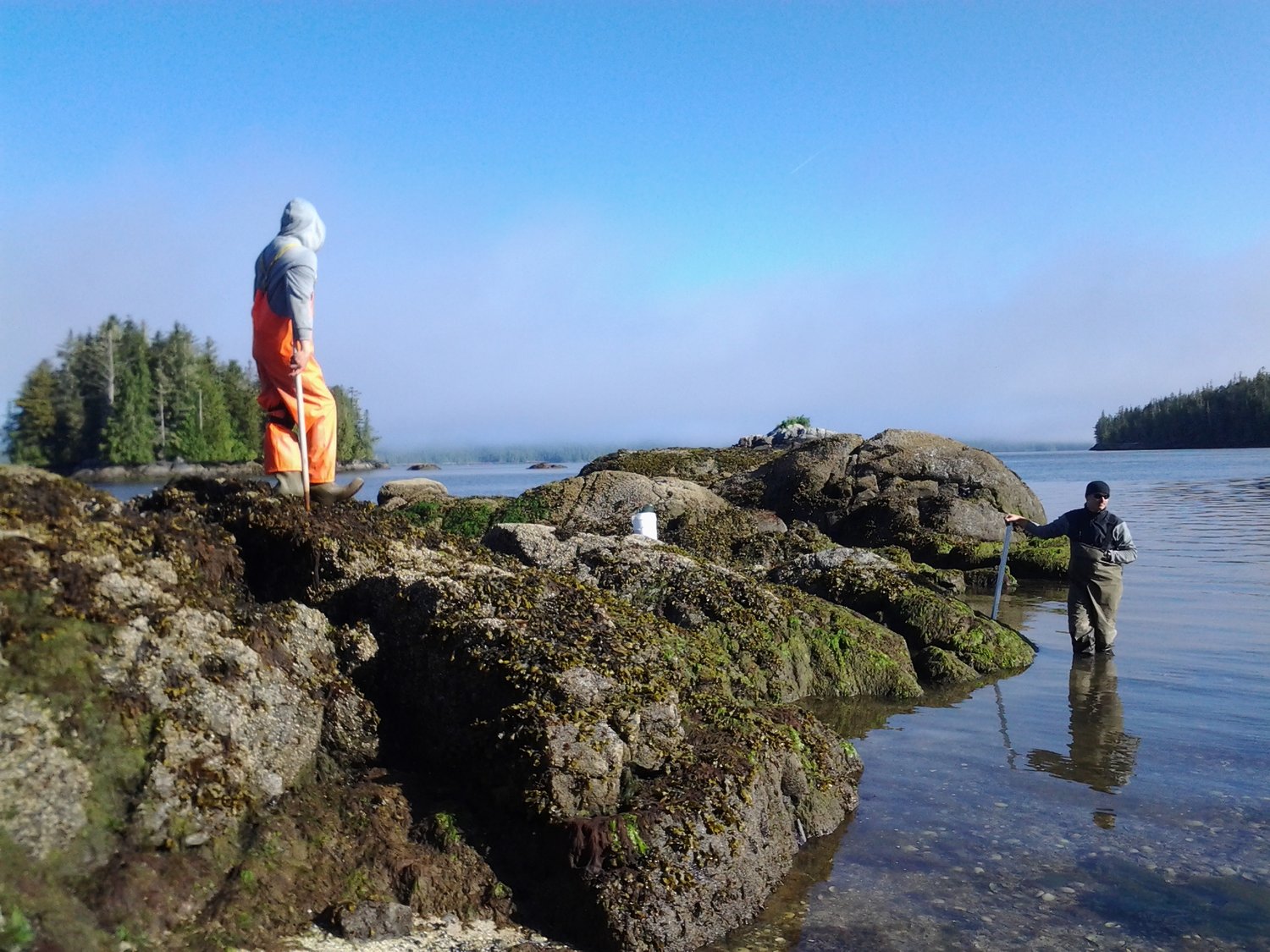[ad_1]

Marco Hatch, a Samish Indian Nation member, scientist, and board trustee for The Nature Conservancy (TNC) in Washington, admires the resilience and cultural significance of clams and different tidal species. He channels his ardour as an ocean scientist into creating alternatives for college students, together with these from Indigenous communities, to pursue careers addressing crucial local weather challenges.
Marco believes that individuals can create a greater world by seeking to some ways of understanding, together with Western science and conventional information, to assist nature and people coexist. As an Affiliate Professor of Environmental Science on the School of the Atmosphere, Western Washington College, and a trustee for TNC in Washington, he combines conventional ecological information and rising applied sciences with a deal with meals methods.
His connection to the ocean and marine ecology started in adolescence. Marco grew up taking part in on the seashores of the Hood Canal, a fjord shaped by a retreating ice sheet about 13,000 years in the past between the Olympic and Kitsap Peninsula. He discovered pleasure in digging up clams and chasing shore crabs. As we speak, he leads a resurgence in clam gardening, a sustenance staple for Samish folks. When the Samish Indian Nation established an internship to fund college students’ faculty bills in 2002, Marco started learning on the College of Washington (UW) with the aim of “incorporating Indigenous information within the marine sciences.”
“Throughout my internship, we camped out doing a wide range of ecological, cultural, and archaeological initiatives within the San Juan Islands,” Marco stated. “Working with the Samish Tribe taught me to see land and seascapes not as they’re at this time, however as they have been earlier than human contact, and discover what species are lacking that have been as soon as ample.”
After finishing his internship and graduating from UW, Marco briefly relocated to San Diego to review on the Scripps Establishment of Oceanography, the place he earned a doctorate in Organic Oceanography, the research of how marine organism communities work together with one another and their surroundings. As a professor at Western Washington College (WWU), he leads the college’s Coastal Communities and Ecology Lab, the place he and his undergraduate and graduate college students work with native communities to study and protect the wealthy meals sources in tidal ecosystems. Some days are spent tagging and monitoring clam improvement, others gathering water samples at low tide to check for biotoxins.
Exterior of his work at WWU, Marco is on the advisory committee for the United Nations Ocean Decade Collaborative Heart for the Northeast Pacific. He’s additionally on the steering for the Clam Backyard Community, a casual community that continues the lengthy historical past of Indigenous-led backyard administration. As we speak, Marco sees a “actual resurgence” of clam gardening spanning from Washington via British Columbia and southeast Alaska.
[ad_2]

